Lunch with the great Sir Michael Howard, 95 last week. During a conversation about BBC1’s Howards End, he said: ‘I met Forster once, at a lunch party in London in 1943, given by Arthur Koestler, just before I went to Italy. We spoke much about Richard Hillary, then just beginning to be canonised. Forster suddenly turned to me and asked: “What do you think about sardines?” I was confounded, and have often since wished that I had produced some appropriately witty riposte.’ Michael expresses ironic gratitude for the state of the world, saying that without its horrors, at his age he might be frightfully bored: ‘The distinction between war — a word that signifies the use of force — and warfare — clashes between states using every other means — has seldom seemed so significant.’
To the Berkshire Macmillan carol concert at St Nicolas Church in Newbury, an enchanting affair of which the star turn was the soloist, a teenager named Isabel Irvine, with the face and voice of an angel. I talked to Richard Benyon, whom locals applaud as a model constituency MP. It is Richard’s misfortune to be teased by foes as the richest member of the Commons. Of course the country should not be run by toffs — think Rees-Mogg — but it was one of David Cameron’s many sillinesses to sack Benyon as a junior minister. The government needs him back.
At Stratford for a preview of Imperium, the RSC’s six-play dramatisation of Robert Harris’s Cicero novels. We were enthralled, not least by the depiction of Pompey as Donald Trump. Like all Robert’s readers, we never stop being amazed by the originality and intelligence of his work. Greg Doran, who directs both Imperium Part I: Conspirator and Part II: Dictator, chatted during an interval. When he moved on, another member of the audience said: ‘Excuse me, if you know Robert Harris, please tell him how thrilled we are that the RSC has done right by the books. We were so afraid they would muck them up.’
On Monday, we held a dinner party in the Cavendish Room at Brooks’s, one of the most beautiful spaces in London. Our guest list started with Matthew Parris, whom my wife was panting to meet, observing that she agrees with him about absolutely everything except that she is reluctant to become gay. After that, it was merely a matter of ensuring that we included nobody who might profess enthusiasm for Trump, Brexit or — following their treatment of Dwin Bramall, Edward Heath and now Damian Green — policemen. We discussed the problem that scarcely anyone active in British politics dares to tell voters important truths, foremost among these that Brexit will make them poorer. Moderate Tory MPs remain imprisoned by the party’s right, masquerading as tribunes of the plebs, while their Labour counterparts are chained to the left. Within, say, five years, there is likely to be an unpredictable and even frightening reckoning at the polls, when voters behold the cost of the deceits they have been fed by both. Meanwhile, many of us feel victims of political differences so profound that they sustain an inescapable social divide. As Michael Heseltine said at parting on Monday night: ‘The fight goes on!’
We recently paid an out-of-season visit to Puglia, where we booked into the Convento di Santa Maria Costantinopoli. In darkness, we had a hard time finding the place, but eventually reached a silent, sealed, fortress-like roadside building that locals claimed was our hostelry. I was put in mind of Jeeves’s observation, on approaching Totleigh Towers: ‘Childe Roland to the dark tower came, Sir’, a sensation that intensified when repeated hammering on doors failed to secure admission. ‘It must have closed down,’ my wife said apologetically to our two companions. We retreated to the nearby town, where a kindly Italian telephoned the place, and reported no response. Increasingly desperate, we returned to the dark tower and banged anew. At long last, and without apology, a Lurch-like minion admitted us. Then I discovered that this had been the home of the late Lord McAlpine, with whom I sparred during his stint as Lady Thatcher’s ATM. Most guests find il Convento charming, judging by the effusive comments in the visitors’ book. We thought it deeply sinister.
In a car at a shoot, mention was made of Hackett, the tailor, prompting me to enthuse about its tweeds. Belatedly, it emerged that the others were discussing a business intelligence firm named Hakluyt. A friend, so hard of hearing that he is oblivious of governments falling, observes ruefully that while blindness is recognised as a tragedy, deafness is treated as comedy. I find myself unwillingly joining the comedians.
Got something to add? Join the discussion and comment below.
Get 10 issues for just $10
Subscribe to The Spectator Australia today for the next 10 magazine issues, plus full online access, for just $10.
You might disagree with half of it, but you’ll enjoy reading all of it. Try your first month for free, then just $2 a week for the remainder of your first year.

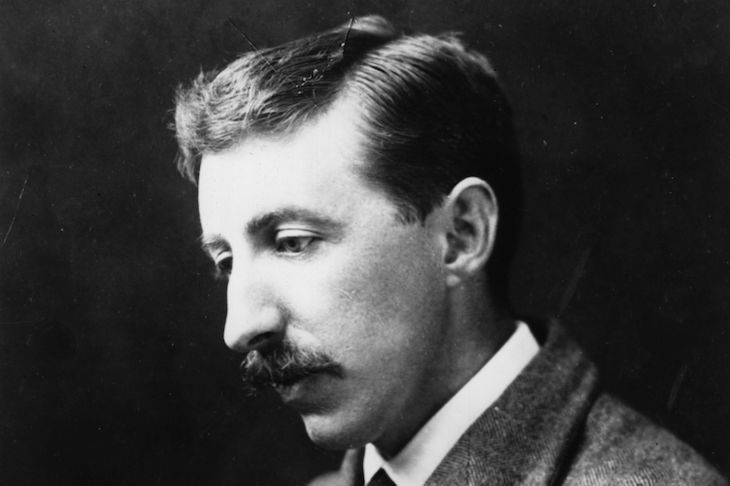
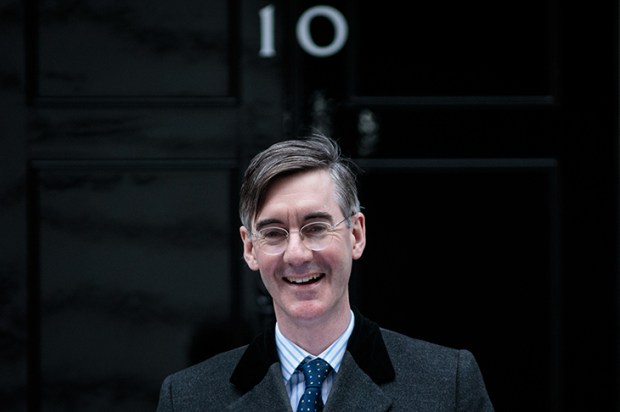

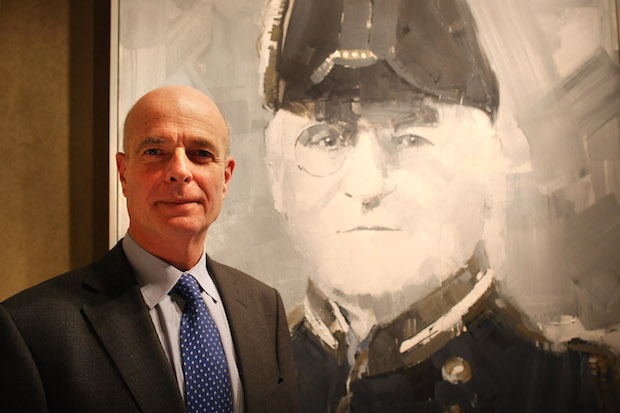

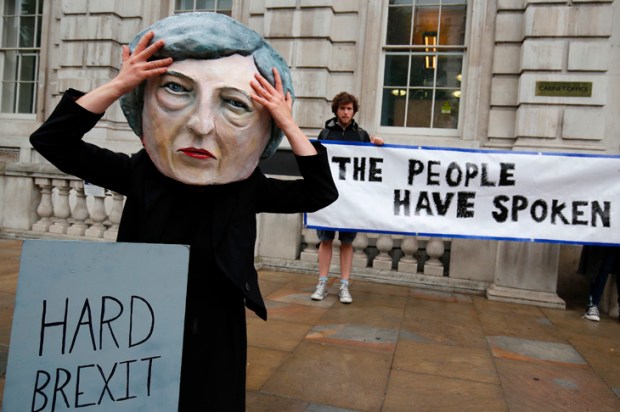
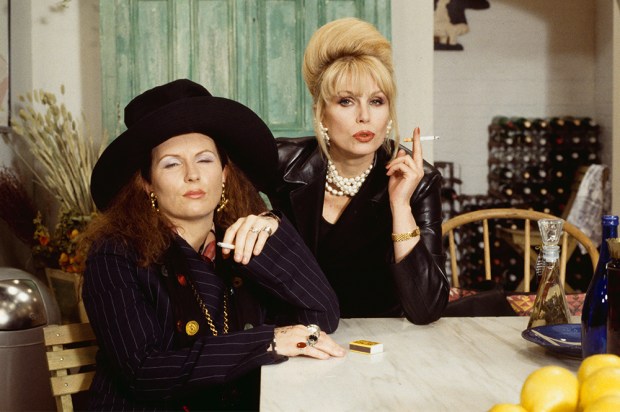






Comments
Don't miss out
Join the conversation with other Spectator Australia readers. Subscribe to leave a comment.
SUBSCRIBEAlready a subscriber? Log in